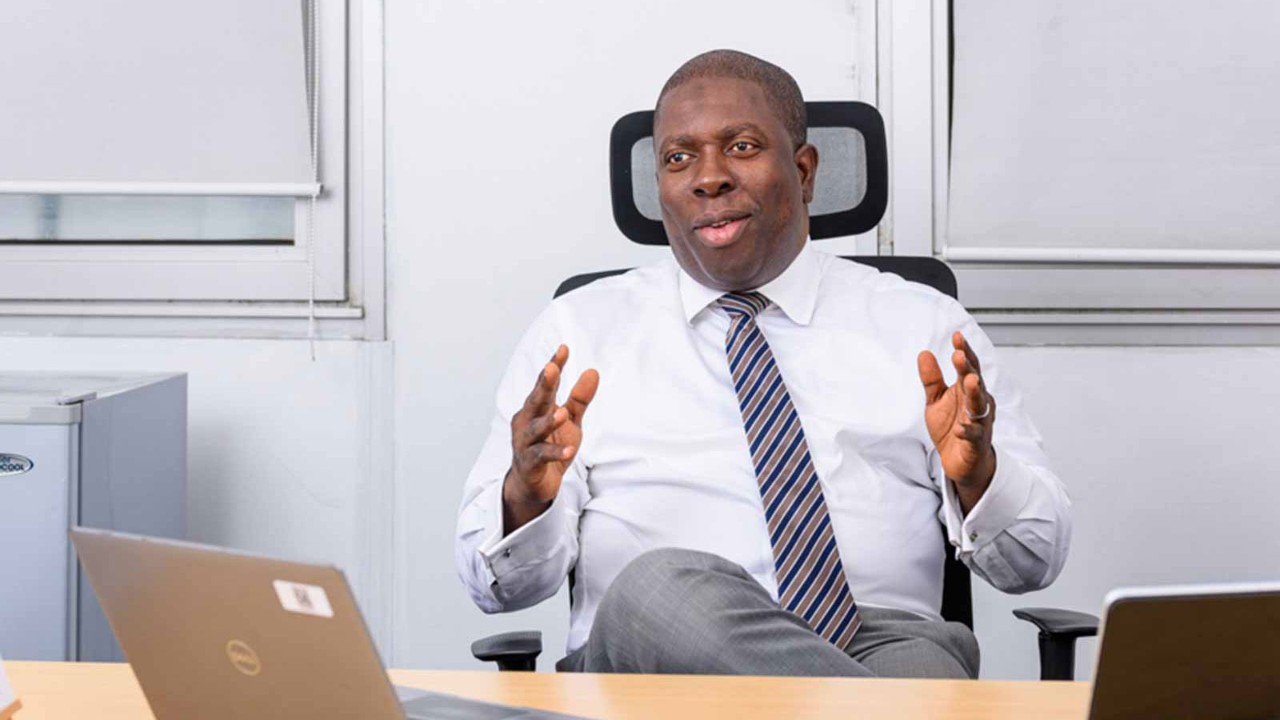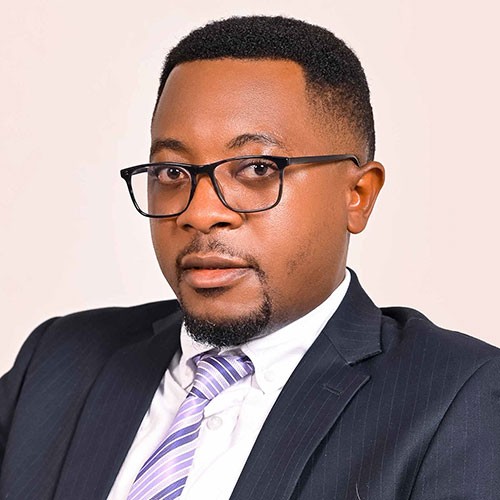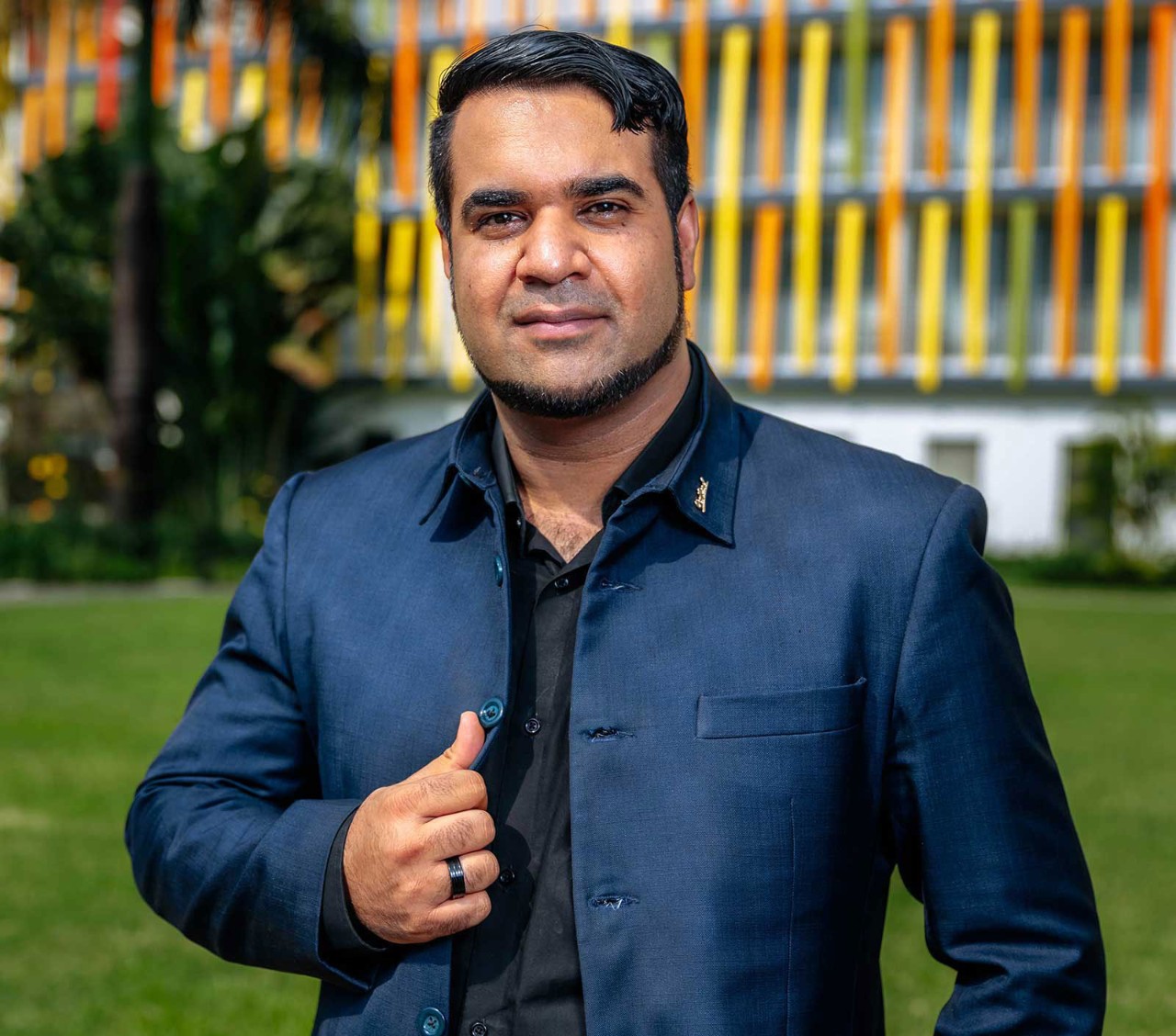
As a very early adopter of sustainability standards developed by the International Sustainability Standards Board (ISSB), Nigeria is forging ahead with implementation of IFRS S1 and IFRS S2, and Big Four firms are swinging into action in support.
In April, the Financial Reporting Council of Nigeria (FRCN) released a roadmap for adoption of S1 and S2, and Jamiu Olakisan FCCA, EY Nigeria partner and assurance leader for West Africa, together with his team, has been working closely with both the FRCN and clients to ensure a smooth implementation.
‘This is one of the areas within assurance where we expect to see significant growth’
Substantial support
He is optimistic about the opportunities. Although adoption is being staggered over four phases (including one for government entities), Nigerian companies require substantial support and, ultimately, auditors will be required to verify and provide assurance over these standards.
‘This is one of the areas within assurance where we expect to see significant growth, similar to what we experienced in 2012, when Nigeria decided to adopt IFRS,’ Jamiu says. ‘We are working on sustainability with a number of clients in Nigeria and also Ghana.’
Giving back
Jamiu Olakisan FCCA started his career at Gateway Bank in Nigeria but wanted to be in a position to pass on his experience and give back to his profession. He looked for opportunities with a Big Four firm, where he felt he would be able to maximise his potential. ‘When the EY opportunity appeared in 2005, I seized it immediately,’ he says.
‘I love to impart knowledge and had already started teaching on weekends. I knew I would not stay in the banking sector because it could not offer me the platform to demonstrate and give back what I know.’
Jamiu joined EY in audit in 2005, later joining the financial accounting advisory services (FAAS) team and leading the financial reporting group (FRG), effectively the technical desk for EY’s West African operation. He became a partner in 2015 and assurance leader in West Africa in 2022.
Ultimately, though, he is driven by the opportunity to give back, he says, which is why he also sits on the governing council of the Institute of Chartered Accountants of Nigeria (ICAN). Above all, he wants to impart knowledge: ‘Ever since 2001 I have been teaching; it is my first love.’
Although climate change and sustainability services are an important part of his work, most of his time is spent overseeing audit, plus accounting and forensic accounting services which also come under his remit.
‘Many people are feeling the pressure and quitting the profession’
‘In terms of forensic engagements, every time there is a change in government, the incoming regime will want financial professionals to come in to help. It is a continuous cycle,’ he says.
He points to technology consulting as another promising area. ‘AI is presenting opportunities, both for the firm and for our people,’ he says.
Huge pressure
Alongside the opportunities, Jamiu and his team face a number of challenges, some of them peculiar to Nigeria and others affecting the region as a whole. The first is the ever-increasing pressure to meet deadlines, which Jamiu says is leading to high rates of burnout among finance professionals.
In 2009, the Central Bank of Nigeria, the national banking regulator, ruled that all banks and discount houses should have a 31 December year end. While administratively this may be a tidy arrangement, realistically it puts a huge load on accountancy firms, requiring them to complete audit work for all their bank and discount house clients at the same time. ‘This places significant pressure on audit firms, who must still maintain audit quality,’ Jamiu explains. ‘For this reason and other factors, many people are quitting professional practice.’
‘We have to develop strategies to continuously hire and develop our people’

On top of this, there has been additional pressure due to the implementation of new regulations and other IFRS Standards. For instance, from 2023 listed companies have been required by the Securities and Exchange Commission (SEC) to report on their internal controls over financial reporting (ICFR), on a model similar to the US’s Sarbanes-Oxley requirements.
‘As auditors, we are also required to audit the management assessment of ICFR and issue a limited assurance report in respect of this,’ Jamiu explains. The extension of the regulation by the FRCN to cover other public interest entities during 2024 will further add to the workload of both business entities and professional firms.
Talent shortage
There is also the issue of migration. Jamiu describes an all-too-familiar situation with many talented finance professionals leaving Nigeria to gain experience in other countries, from Australia to Europe, the UK and North America. ‘We have to develop strategies to continuously hire and develop our people, so we retain them,’ he says.
‘When I came to EY, my plan was to do three years with the firm and then move on, but I changed my mind and stayed. However, I can see that some people see it as an avenue to working in other countries, so we are now facing a shortage of accounting talent.’
That said, Jamiu appreciates the positive impact that the firm’s investment in technology has had on the way his teams now work. For example, the use of robotics and data analytics has facilitated routine areas of the audit process, and more recently, the breakthrough in generative AI and the use of large language models within a secure environment has been a real boost. In all, the global firm has invested some US$1.4bn in new AI technologies, and Jamiu is seeing the benefits.
Reflecting on his own career, Jamiu says he is proud to be a professional accountant in practice. ‘It is an incredibly fulfilling role because it allows me to solve complex financial challenges, help businesses thrive and ensure financial integrity, all while continuously learning and growing in a dynamic field. What more could I ask for?’
More information
Watch ACCA’s half-day conference ‘Enabling professionals to create sustainable organisations’ on demand
Read AB’s article African countries get ready for IFRS SDS
See ACCA’s report Sustainability reporting – the guide to preparation


